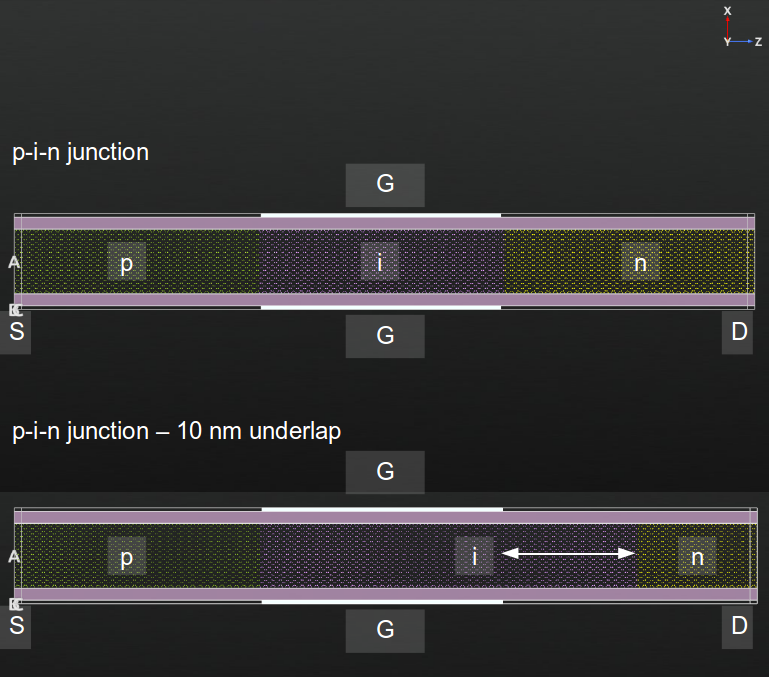
Different approaches, emerging from a coarse approximation to a group of atoms and molecules, allow reproducing both chemical and physical main properties as well as continuum behaviour such as the hydrodynamics of fluid flows. Mesoscale simulations have grown recently in importance due to their capacity of capturing molecular and atomistic effects without having to solve for a prohibitively large number of particles needed in Molecular Dynamic (MD) simulations. STFC Daresbury Laboratory, United Kingdom It will run online via Zoom for registered participants, and it will be live streamed via YouTube at. The event will start at 14:00 CET on the 11th December 2020, and is expected to last 2h.
The seminar will provide an overview about motivation, ideas for various methods and implementations on the level of tensor product decomposition, staggered grids, non-homogeneous mesh decomposition and a recently developed phase field approach.

For these scenarios the code has to decide how to redistribute the work among processes according to a work sharing protocol or to dynamically adjust computational domains, to balance the workload. Especially for methods based on domain decomposition, as it is standard for, e.g., molecular dynamics, dissipative particle dynamics or particle-in-cell methods, unequal load is to be expected for cases where particles are not distributed homogeneously, different costs of interaction calculations are present or heterogeneous architectures are invoked, to name a few. Scalability of parallel applications depends on a number of characteristics, among which is efficient communication, equal distribution of work or efficient data lay-out.


Programme and registration available through the CECAM website for the event at Interdisciplinary Centre for Advanced Materials Simulation (ICAMS), University of Bochum, Germany Julich Supercomputing Centre, Forschungszentrum Julich, Germany


 0 kommentar(er)
0 kommentar(er)
